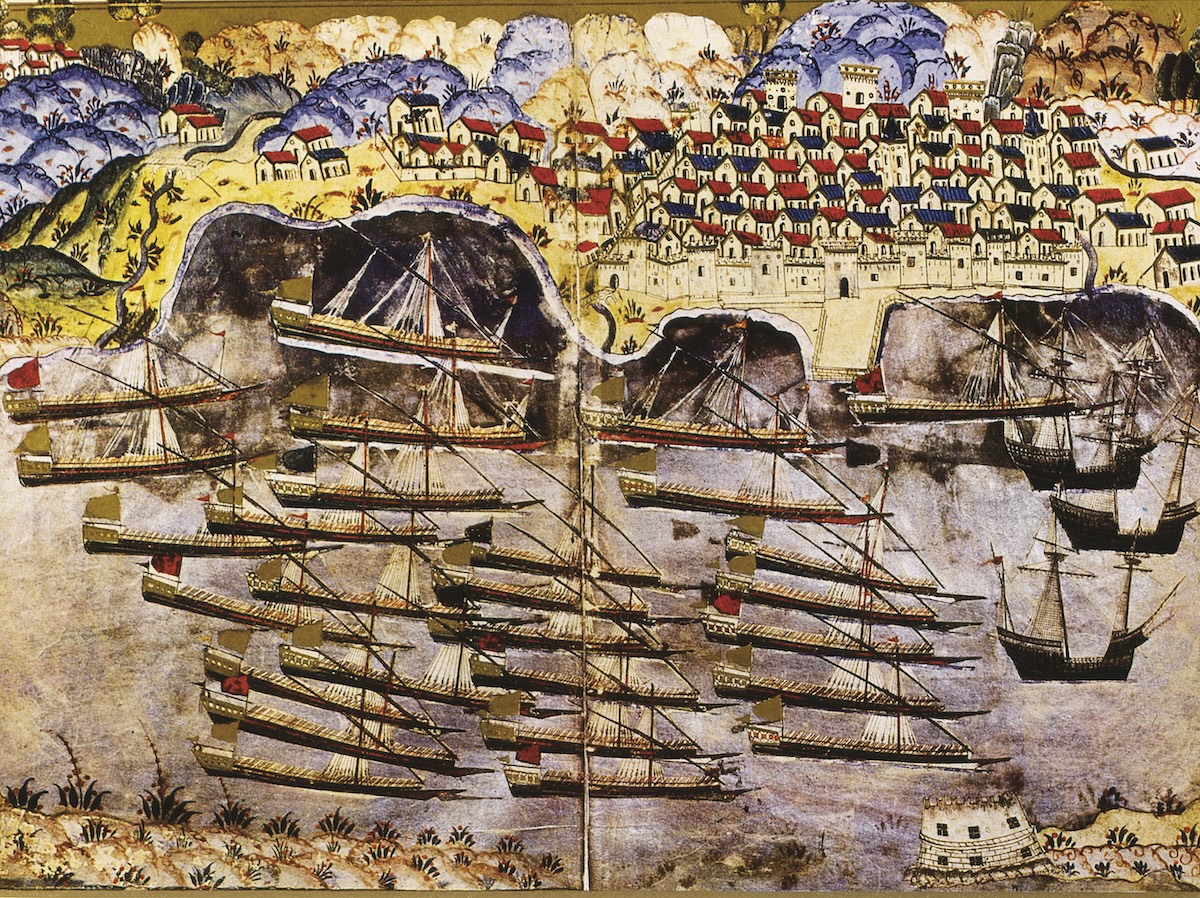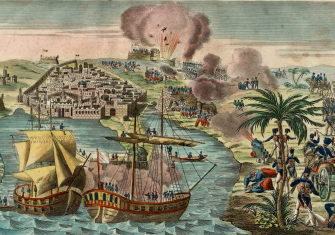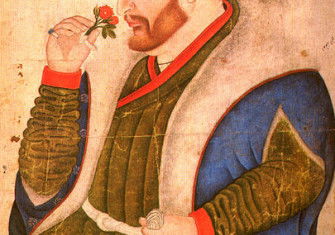An Ottoman Winter in Toulon
The unholy alliance between France and the Ottoman Empire in 1530 caused great concern but had little military success.

The Franco-Ottoman alliance, formed in the 1530s between the king of France, François I, and the Turkish ruler of the Ottoman Empire, Kanuni Sultan Süleiman (‘the Magnificent’), was arguably the first diplomatic alliance between a Christian state and a Muslim empire. It caused a stir in the Christian world and was regarded as what was later called an ‘unholy alliance’.
The alliance was an opportunity for the two rulers to unite against their common enemy, the Habsburg Holy Roman Empire, under Emperor Charles V. In 1542 the French ambassador to the Ottoman Empire, Antoine Escalin des Aimars, also known as Captain Polin, negotiated the details of the alliance: the Ottoman Empire would send more than 100 galleys against Charles; France would attack Flanders, harass the coasts of Spain with its naval forces and send 40 galleys to support the Turks in the Mediterranean.







